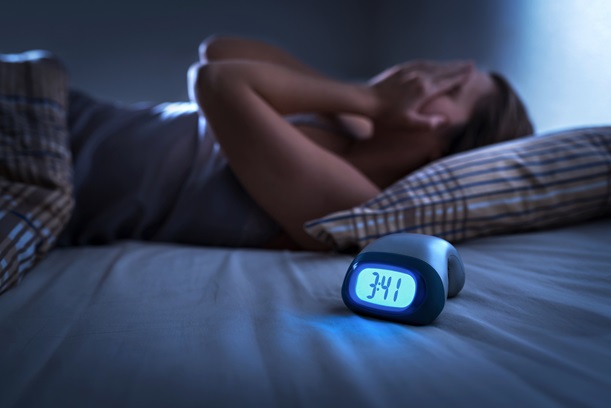
Did you know that CBD is not a sedative?
While it does help sleep by managing the balance of the body and the production of melatonin, there is a lot more to do to manage chronic insomnia.
And always remember to work on your dosing range from our other articles:
Home remedies for sleep issues:
There are several things that you can do at home to treat or prevent chronic insomnia. One important option for treatment is known as sleep hygiene. This calls for changes in patterns of behavior to help improve your ability to fall asleep and stay asleep.
Try the following tips:
- Avoid caffeine, especially later in the day.
- Avoid alcohol use and smoking cigarettes before bed.
- Engage in regular physical activity.
- Don’t take naps.
- Don’t eat large meals in the evening.
- Go to bed and get up at the same time every day, even on days off.
- Avoid using computers, smartphones, TV, or other technological devices an hour before bedtime (and we are serious about this. It interrupts your brain’s ability to shut down).
So what should you do if NOTHING is working?
Cognitive behavioral therapy (CBT)
Research has shown CBT to be as effective, or more effective, than sleep medications in treating chronic insomnia. It involves educating you on sleep and better sleep habits, while teaching you to change the beliefs and behaviors that interfere with your ability to sleep.
Some of the strategies of CBT that are specifically focused on insomnia, known as CBT-I, include the following:
Cognitive techniques
Using journaling to write down worries or concerns before going to bed may help keep a person from actively attempting to work them out while also trying to sleep.
Stimulus control
This entails altering behaviors that condition your mind to fight sleep. Setting a sleep and wake time routine is part this strategy.
Other examples are using your bed only for sleep and sex, and leaving your bedroom if you’re unable to fall asleep within a set number of minutes.
Sleep restriction
This therapy involves limiting the amount of time you spend in bed, including avoiding naps. The goal is to deprive you of enough sleep so that you’re tired at bedtime. Your time in bed is gradually increased as your sleep improves.
Relaxation techniques
Breathing exercises, yoga, guided meditation, and other techniques are used to reduce muscle tension and control your breathing and heart rate so that you’re able to relax.
Paradoxical intention
This strategy involves focusing on staying awake in bed instead of expecting to fall asleep. It helps reduce worry and anxiety over being able to fall asleep. It’s most effective in treating learned insomnia.
Finally, remember that there are a lot of prescription medications that will cause insomnia. Work with your doctor to adjust your dosing so that its not keeping you up. Benzo and opiate withdrawals WILL happen and they can last months, and a leading issue is insomnia. Try to incorporate therapy with a professional to work on natural ways to combat this and listen to your body.
